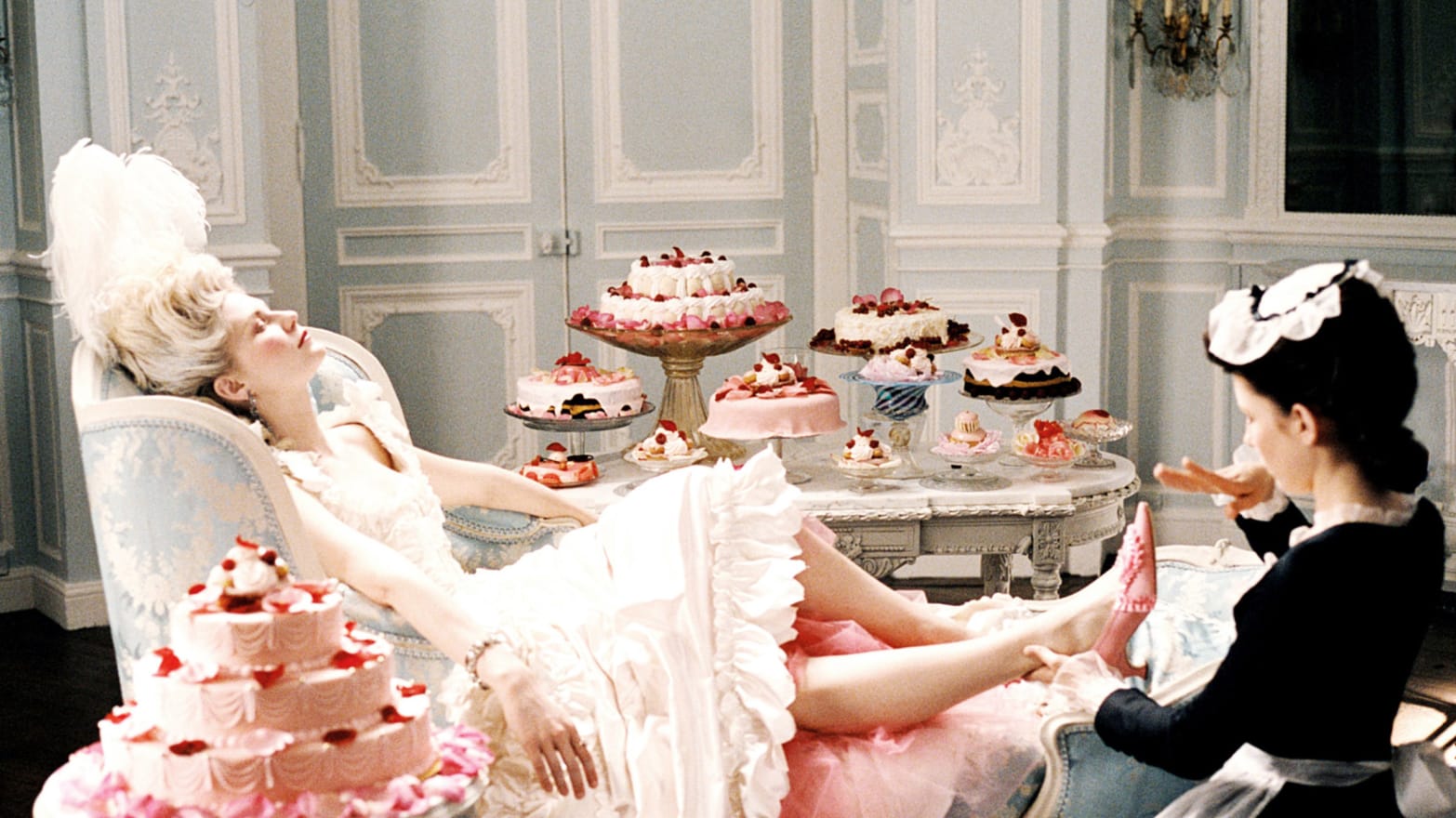
Yesterday saw the first day of the UCU strike: staff at 60+ universities walking out – against their instincts – to highlight the enormous drop in wages over time, the repeated reductions in pension provision, the virus of casualisation and the obscene gender pay gap at all levels in universities. HE institutions have never been richer, but staff haven't had an above-inflation rise since 2008, which cumulatively means an 18% pay cut. At the same time, senior managements have expanded enormously and their pay packets have ballooned beyond all reason.
For me, casualisation is the worst bit: the generation behind me is being treated appallingly. Even the lowest-paid, fractional posts are attracting applicants with PhDs, publications and multiple books with reputable publishers who have never held a permanent or full-time post even by their 30s. They are expected to produce the work of a professor back in the day while being paid less than their peers who didn't contract the 6 years of extra debt required to take an MA and a PhD, the minimum requirements to get any hourly-paid teaching. Heaven forfend that they might want to have a family, live in a house or buy the occasional avocado. The result will be social shrinkage: only those with extensive family wealth will be able to take on even a bursaried PhD and casual teaching, and the skills and insights of those from poorer backgrounds will be lost.
My university union branch voted to strike, but the turnout was so low that we didn't meet the government's new 51% turnout minimum. I think my colleagues are exhausted, depressed and insecure - despite our leaderships' massive salaries for strategic thinking, student numbers have plummeted and the future is not looking rosy.
With their usual tin-ear for mood, our VC decided that the first day of the strike was the perfect moment to circulate this message:
FREE Thank You film screenings As a thank you for the hard work of our staff this academic year and their ongoing contributions to the University’s success, the Vice-Chancellor invites you to two special FREE film screenings at the xxxxx Theatre. There is a showing of the award-winning Bohemian Rhapsody on Thursday 28 November at 5.30pm, while you can get in the mood for Christmas with festive favourite Elf on Wednesday 4 December at 5.30 pm.Now I'm struggling to imagine the Renumeration Committee offering the VC a free cinema ticket as a reward for his hard work, and I'm struggling even harder to imagine him accepting it in lieu of his habitual £10,000 extra every year. If this email had started with the second clause (Claus?), 'The VC invites you…', my vicious little brain wouldn't be filled with images of Marie Antoinette bearing cake* and mortar-boarded sans-culottes dragging a guillotine into the quad – I might even have been touched even though I don't particularly want to see a film about a band that knowingly broke the artistic boycott of apartheid South Africa (and anyway, I'm still teaching past 5.30: the academic schedule is 9-9). Seriously: that one clause demonstrates an entire world-view in which those who do the actual work (not just lecturers) are tiny ant-like creatures beneath consideration.
But no. This is a leadership which has colluded with its counterparts across the country to depress our wages while regularly rewarding themselves enormous pay rises funded by student debt, and they dare to insult us with this rubbish. Rather than treating us a fungible assets to be sweated then disposed of, why not reward us for our 'hard work' and 'ongoing contributions' with actual cash either now or in our pensions. I once worked night shifts at British Gas (don't worry readers: nowhere near any actual gas infrastructure but if your address isn't listed on any gas providers' databases, that's my fault). We were paid £1.98 per hour and when the proletariat flagged a little, the fastest workers were publicly 'rewarded' with a Mars Bar at around 4 a.m., while the slowest workers were publicly shamed and fired each week. Thank heavens those days are gone, eh?
It's not even a matter of one out-of-touch fat cat: this communication must have gone through several hands and nobody thought it patronising or provocative. My colleagues work hard. There's a massive culture of overwork: my boss is doing 14 hour days coping with increasing administration and demands that he find ways to save our subjects, while my PhD students and hourly-paid colleagues work way more hours than they're paid for. A chance for one of a limited number of free tickets to a second-run film doesn't cut it.
If this is going to be a regular thing though, I have some more appropriate suggestions:
It's A Wonderful Life (starring the VC as Mr Potter)
Scrooged
Oliver
The Lego Movie
Merry Christmas, one and all!
*Forget the cake: staff who work unpaid at open days were invited to use the water fountains at no charge.





